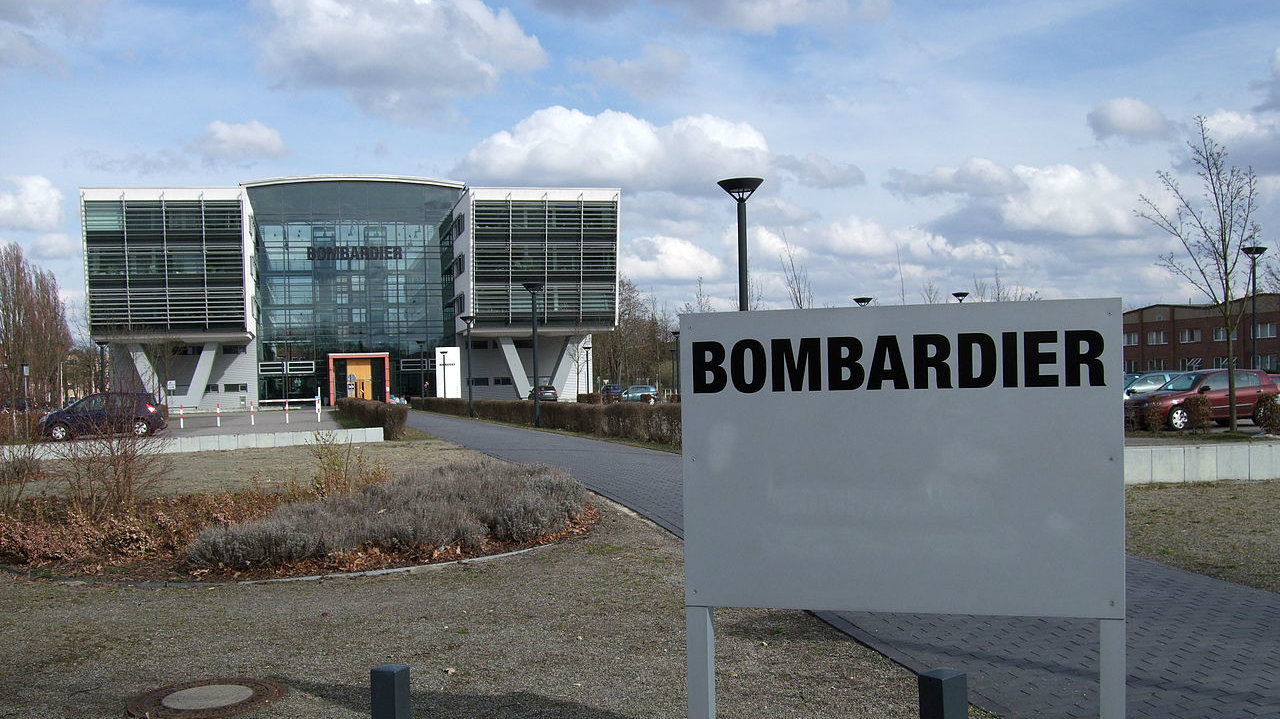Bombardier (TSX:BBD.B) stock is under pressure yet again. From a lost contract to a regulatory probe, the market has soured on shares rather quickly.
In 2016, shares fell below $1 on bankruptcy fears, largely stemming from major missteps in the company’s CSeries platform. When those fears stabilized following direct assistance from the Canadian government, Bombardier stock rose to a high of $5 in the summer of 2018.
Recent pressures have erased those gains, and shares are back near $2, within the range that bankruptcy fears last precipitated. Is Bombardier stock finally headed to $0?
Bombardier’s difficulties are very real, but also temporary
Here’s quick rundown of the slew of bad press Bombardier has received over the last few months, which have led to a 60% drop in just six months.
In November, Bombardier announced 5,000 job cuts, slashing an additional 490 jobs later the same month. Many of the layoffs stemmed from the company’s Belfast facilities, which produced components for the CSeries jets, leading many investors to believe that business is still struggling.
In mid-November, Bombardier stock fell 20% in one day after Quebec’s financial markets regulator revealed it was “reviewing the company’s executive stock sale program.”
In December, Bombardier lost a contract to Siemens worth nearly $1 billion in which the company would have delivered locomotives and passenger cars to run trains between Quebec City and Windsor. Importantly, Bombardier’s inability to assure on-time delivery was listed as a deal breaker. Specifically, free trade agreements made it difficult for the client to grant substantial portions of the contract solely to Canadian operators.
While this litany of troubles seems daunting, there’s reason to believe they’ll sort themselves out in 2019. And with the balance sheet less in shambles compared to 2018, shares could have upside once outstanding concerns are resolved.
Current problems may work themselves out quickly
Let’s assess each of Bombardier’s current problems in order.
First is the job cuts. While there’s no doubt that the CSeries underperformed since launch, Bombardier still needed to rationalize a lot of its workforce to align with the smaller sales footprint. But hope is still intact. Recently, Delta ordered 15 additional jets while upgrading some of its current order book to larger versions. JetBlue also has a long-term deal for at least 60 aircraft. According to the company, talks with airlines around the world have picked up.
So, the job cuts likely reflect past ills, not present woes.
In terms of the regulatory investigation, it’s possible that there’s not much to worry about. On November 19, Citigroup released a report saying that the regulatory review of the company’s executive stock-sale plan “appears routine.” According to analyst Stephen Trent, “At this time, there appears to be no reason to believe that the regulator is looking into any alleged improprieties that are related to this program.”
Once the review completes, it should remove a major overhang on the stock.
Finally, there is the lost contract. While Bombardier missed out on this deal, within days it won a contract with New Jersey Transit for $670 million. The contract also has options, which, if exercised, would be worth $3.6 billion. In 2002 and 2010, Bombardier delivered 429 rail cars to New Jersey Transit, so it’s clear that they still have a decent reputation and can retain large clients.
The fundamentals remain intact
In December, Bombardier provided solid guidance for the year ahead. Sales for 2019 should grow by 10% to $18 billion. EBITDA should increase by 30% to roughly $1.7 billion. Expectations for 2020 were also reaffirmed, targeting $20 billion in revenue, $2.25 billion in EBITDA, and $750 million to $1 billion in free cash flow.
The future remains bright for Bombardier, and current but temporary problems provide an attractive buying opportunity.








